
Can You Smoke After a Filling – Everything You Should Know
However, if you smoke, you might be curious as to whether you can smoke after a dental filling has been put in or whether doing so will affect the filling’s quality. The answer is somewhat ambiguous because there are no studies that are currently available that say patients shouldn’t smoke following dental fillings.
After a filling, it’s best to avoid smoking. A tooth-filling infection could occur if you smoke right after getting one.
In order to heal more quickly and without complications, you will also need to avoid some foods and behaviors that you would otherwise engage in.
Filling Failures Explained

We now understand the factors that can raise the risk of filling failure, but what exactly makes fillings fail?
Well, a variety of factors can cause fillings to fail. This includes tooth decay that forms surrounding the filling (known as “secondary caries”), filling detachment/cracks or fractures, or simply from wearing down over time to the point where the filling is no longer sufficient. As a result, it’s crucial to visit your dentist at least twice a year to make sure that any fillings or other restorations you may have are still in good condition.
Although the two types of filling materials under study (tooth-colored/composite resin and silver/amalgam) did not show any difference in filling failure rates, it is still crucial to choose your dental filling materials carefully.
While composite resin, which has been made to be more and more durable over the years, can now be used in both molars and front teeth without being noticeable to others, amalgam has been used for years and years to fill cavities. However, amalgam may be best for larger areas that aren’t as visible.
Read More: Can I Smoke Before Wisdom Tooth Extraction
Why Smoking is Prohibited After a Dental Filling?

Chewing tobacco, eating sugary foods, smoking, and using sweeteners containing betel nuts can irritate dental fillings, which raises the possibility of an oral infection. Dental fillings are made of sturdy material and are intended to restore the teeth’s structural integrity.
Even though the material used for refilling is made of a hard substance, bad habits like not washing your mouth after eating, chewing on hard objects with a filling-tooth, eating sweet and sugary foods, etc. can cause the material to deteriorate over time and gradually increase over time.
Although there is no direct link between a dental filling and smoking, the majority of dentists advise waiting at least a day or two before getting back to your normal routine. Nicotine and other chemicals in cigarettes may cause sensitivity as well as unneeded delays in the healing process. Smoking does not necessarily harm the fillings, though, just on its own.
Read More: What to Eat After Root Canal Surgery

Smoking can harm oral health and can be detrimental to overall health, even though it has no direct relationship to tooth fillings and cannot necessarily damage fillings. Cigarette smoke contains a variety of chemicals, including nicotine, tar, and many others that are directly linked to oral cancer, staining, gum disease, and tooth instability. If proper oral care is not taken after smoking, people who smoke tend to experience severe halitosis or bad breath, which can be challenging to treat. In order to avoid using chewing tobacco and betel nuts, they are always advised to stop smoking when they are ready.
It has been demonstrated that tobacco use and cigarette smoke have a negative impact on gum health and stain teeth. The structural integrity of the teeth will deteriorate more quickly the longer a person has smoked. Smoking should always be avoided for the sake of your overall health, even though there is no direct link between smoking and cavities.
Read More: Can Cavities Cause Headaches
Chewing nicotine gum can help those who are heavily dependent on cigarettes and other nicotine-containing products overcome their addiction. Another way to lessen any urge to smoke is to use a nicotine patch. Cavities can be excruciatingly painful, and they may continue to hurt unless they are filled.
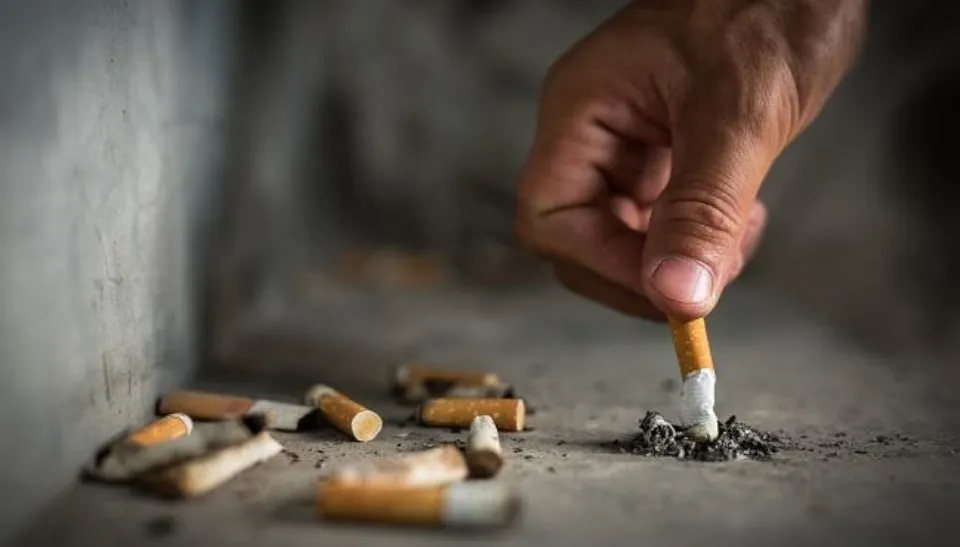
No matter if a patient has cavities or not, dentists always advise that they cut back on their cigarette use and eventually give up smoking. Smoking stains teeth in extremely difficult-to-remove ways. As tartar builds up and causes a number of respiratory conditions, including lung cancer, it also impairs the function of our lungs. Patients can begin their journey toward quitting smoking with the aid of things like nicotine patches, nicotine gum, sunflower seeds, and other techniques, according to research.
You can also talk to your dentist about the various strategies to use over time to stop smoking.
Alcohol consumption, in addition to smoking, can also worsen dental health and increase the risk of cavities. Alcohol causes dehydration and dries out the mouth. The amount of saliva produced is significantly reduced. Because saliva is an antiseptic, it shields our mouth from a number of illnesses and conditions. Reduced saliva production affects the mouth, teeth, gums, lungs, and food pipe in a number of negative ways.
Best Practises for Dental Filling Aftercare
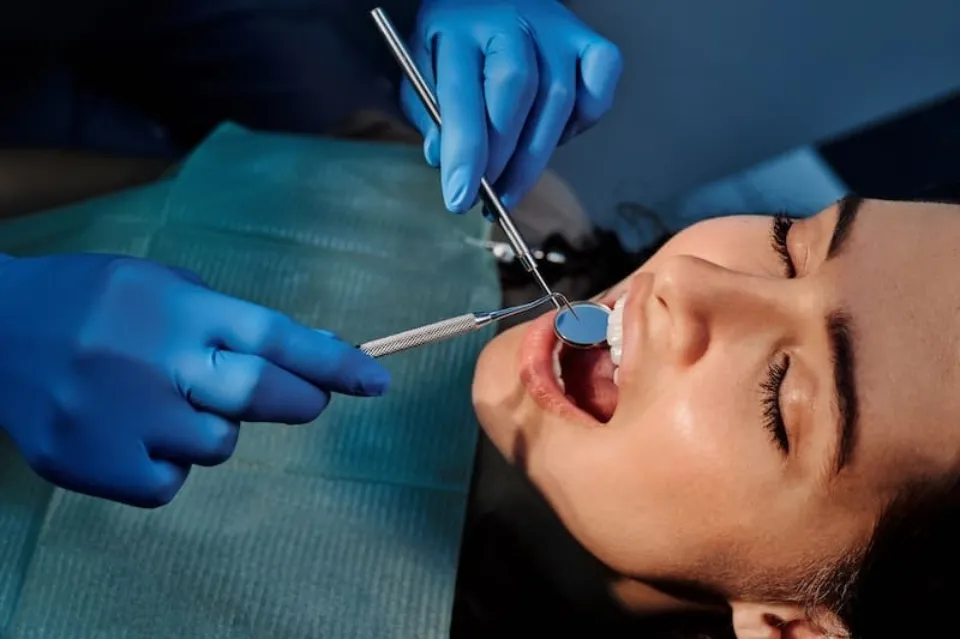
No matter what kind of filling you choose, there are a few things you must remember. Most importantly, following a tooth filling, you must be mindful of what you eat. After getting a dental filling, there are some foods that you should avoid for at least one week. Here are some recommendations for eating after a filling.
Bite and Chew Carefully
If not, let us take this opportunity to remind you because you ought to be aware of this already. When eating, be especially careful. Biting down firmly soon after receiving a filling may cause you pain because your jaws apply a lot of pressure. You might want to chew your food gently using the teeth on the other side of the filling rather than fully biting down.
Take Your Time
You must take your time eating in order to be careful. For instance, chewing slowly will prevent you from biting down firmly. Using the opposite side of your mouth will also be simpler if you eat slowly. Additionally, you’ll lessen your chance of biting or inflicting unneeded discomfort on yourself.
Keep Your Mouth Closed While Chewing
An accepted aspect of eating etiquette is to chew with your mouth shut. To prevent hurting yourself while eating, you should, however, practice your table manners more than ever. Your teeth become more sensitive to cold and heat as a result of the dental filling. Your teeth will now experience a sharp change in temperature that will hurt.
So even cold air has the ability to cause pain. If you close your mouth while eating, you’ll lessen the likelihood that the cold air will hurt you.
Avoid Hard Foods
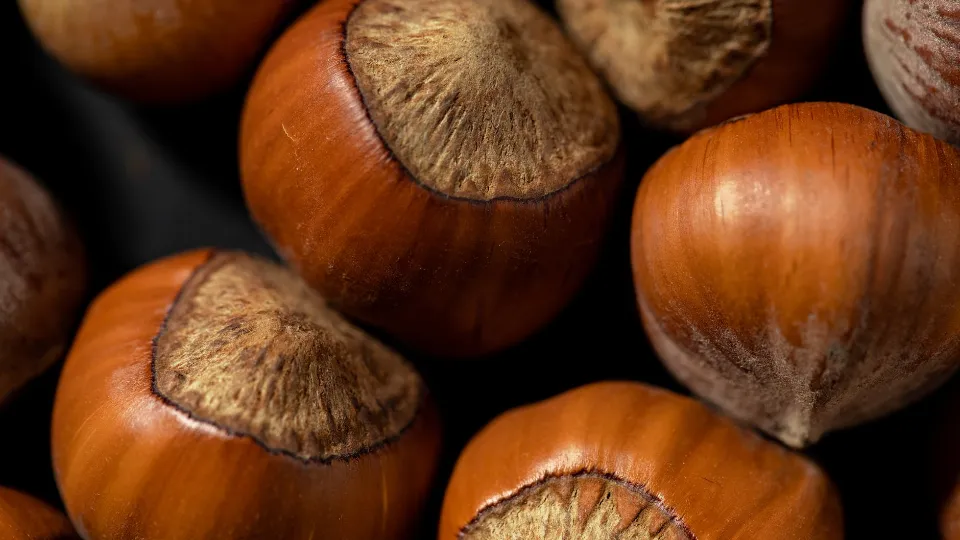
It is incomprehensible that someone would want to restrict their intake of candy, ice, or nuts immediately following a dental procedure. Yet, humorous things are constantly done by people. However, it will be best for you to avoid eating anything crunchy after having a tooth filled.
You need to use your jaws very forcefully to break down hard foods. Too much pressure put on your teeth can make you feel uncomfortable. Additionally, if the filling hasn’t been completely set in place, the hard food may dislodge it.
Avoid Sticky Foods
Although eating sticky foods won’t necessarily require you to apply pressure, they can still harm your new fillings. Your fillings may become stuck to and become loose due to sticky food. That will obviously be annoying and embarrassing. However, they only frequently occur with amalgam fillings and don’t happen very frequently.
Avoid Sugary Foods
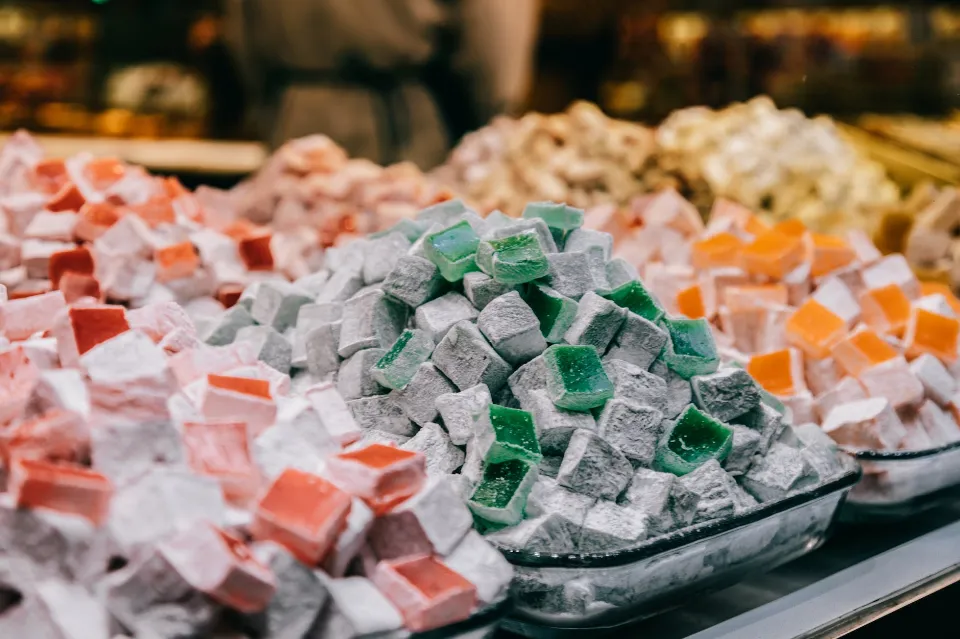
It is well known that consuming sugary foods in excess can promote bacterial growth and cause cavities. In other words, you might have needed fillings in the first place because of your habit of consuming too many sugary substances. In other words, it wouldn’t be a good idea to start eating sweets again right away after getting a dental filling.
Go With Diaries and Veggies
The best foods to eat after getting dental fillings are soft, non-sugary foods. If you’re unsure of what you can eat after having a dental filling placed, start with scrambled eggs, yogurt, and cottage cheese. These foods are soft and safe, ideal for your teeth’s fragile condition.
Additionally, cooked vegetables are easier on your teeth. You can puree the vegetables and create a warm soup out of them to make things simpler. For the first few days after receiving dental fillings, you should generally stick to soft foods.
Avoid Smoking
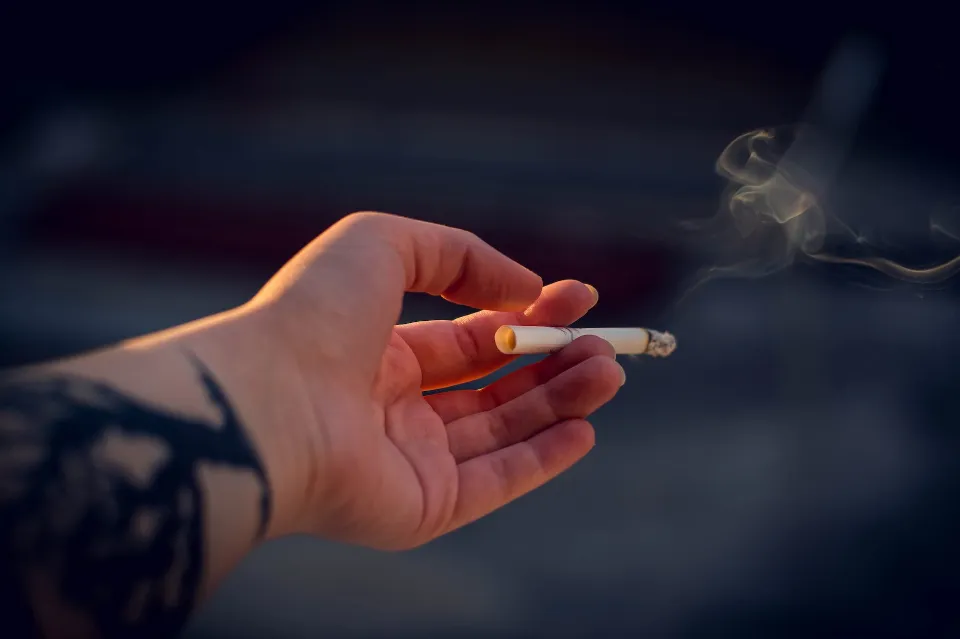
After receiving a fresh dental filling, make every effort to avoid smoking. Regardless of whether you recently had a dental filling placed, smoking is not a healthy habit. On the other hand, smoking can harm your recently placed dental fillings. Smoking should be avoided in particular while your mouth is still numb to avoid complications. Don’t take any chances because you could easily burn yourself, even if you are certain that your mouth has full sensation once more.
Additionally, smoking increases the chance of getting a mouth infection. The tooth cavity that your dentist just filled in would have been brought on by an infection. Why take a chance on catching something else? Compared to non-smokers, smokers have a higher risk of dental diseases. Your risk will even increase if you are an avid smoker. In every way, smoking is bad for your teeth; try to limit your exposure to it.
Take Care of Your Fillings
Dental filling maintenance doesn’t require any special steps. You must still take proper care of it, though. Make regular trips to the dentist for checkups, ideally every six months, and make sure to brush and floss your teeth two times a day.
In addition, avoid brushing too vigorously close to composite fillings. To achieve the best results, use premium dental supplies and a soft brush. You can get suggestions from your dentist.
In general, make sure to practice good oral hygiene. Your dental filling and the rest of your teeth will remain healthy if you practice good oral hygiene. Additionally, it will limit decay and remove plaque while preventing the growth of bacteria.
The Bottom Line
After receiving a dental filling, it’s crucial to refrain from smoking for at least 24 hours. Because smoking increases your risk of getting an infection at the filling site and can make the filling come loose, it is important to avoid smoking. There are some other options you can try if you are unable to quit smoking for that long, such as using an electronic cigarette, a nicotine patch, gum, or both. Be sure to discuss other possibilities with your dentist or doctor if you’re having trouble quitting smoking.
FAQs
How Bad is It to Smoke After a Filling?
Smoking while a portion of your mouth is still numb puts you at risk for inadvertent injury. Smoking right after a dental filling may cause an infection. Smoking lowers immunity, making it much simpler for you to catch an infection.
Can You Smoke before Filling a Cavity?
Cannabis use can impair healing and affect your ability to give consent for treatment. Cannabis can make bleeding and other complications following cleanings, extractions, root canals, fillings, and implants more likely. Don’t hide anything from your dentist, and abstain from cannabis before all doctor’s appointments.
Can I Smoke 4 Hours After a Filling?
Avoid using tobacco or smoking. Chewing tobacco and smoking can irritate dental fillings and raise the possibility of an oral infection. During the healing process after the dental filling, be sure to stay away from these medications. A few hours to over 12 hours may pass before this is finished.





Average Rating